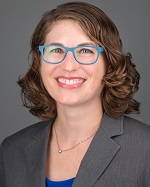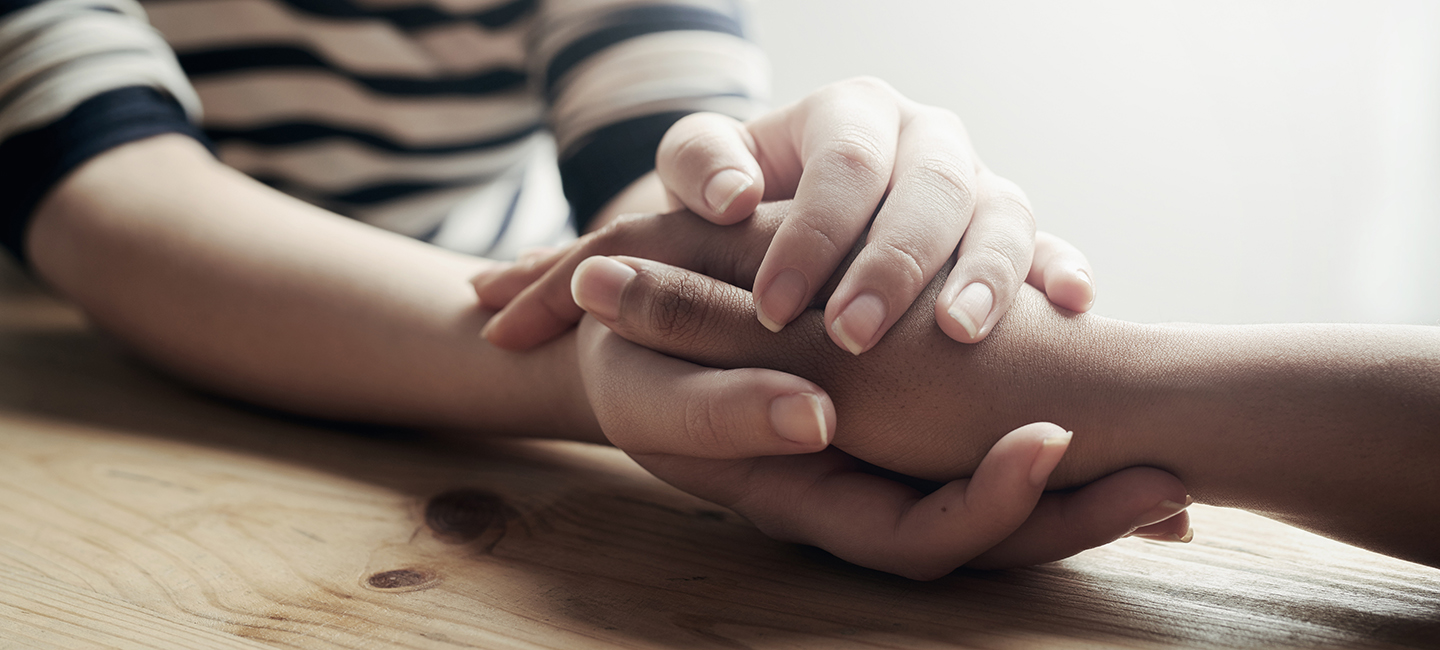Supporting Caregivers
November is National Family Caregivers Month, a time to recognize individuals who care for those who may be aging, ill or disabled. However, caregivers deserve praise all year long. They are often under-appreciated for their work coping with the disease alongside the patient.
In fact, cancer caregivers have one of the most acutely intense workloads when compared to other types of caregivers. According to a 2016 report by the National Alliance of Caregiving, cancer caregivers spend an average of 32.9 hours a week providing care, which is the equivalent of a full-time job. Many take on a cancer caregiving role on top of other family responsibilities or employment.

Dr. Maija Reblin, researcher, Health Outcomes and Behavior Program at Moffitt Cancer Center
“Informal caregiving is a hot topic in health care right now because people are recognizing that there is an entire network of people helping patients, and they are doing it at home,” said Dr. Maija Reblin, a researcher in Moffitt Cancer Center’s Health Outcomes and Behavior Program who focuses on caregiving.
While many find meaning in caring for a patient with cancer, it can be extremely stressful and have implications that are physical, emotional, and financial. Many caregivers do not talk about the struggles they may experience or ask for support. This unmet need is why Reblin has focused her research on learning more about caregivers and how to provide support for this group.
Reblin has two ongoing lines of caregiver research at Moffitt. The first focuses on how caregivers and advanced cancer patients cope together, particularly the way they communicate with one another at home. In a recently-completed study, digital audio recorders were used to capture a day in life of their relationship.
“This study has been very interesting and has shed valuable insight on what patients and caregivers talk about at home,” said Reblin. “We found that, on average, patients and caregivers only talk about cancer for roughly 90 seconds in a given day. While cancer is always there, there are often other things that come to the forefront in the day-to-day.”
Reblin points out that patients and caregivers are often each other’s main source of support. However, sometimes caregivers need other resources to help care for the patient and themselves. Thus, Reblin’s second line of research focuses on identifying ways to get caregivers those additional support resources, whether from friends and family or from cancer center or community programs.
Reblin just received a grant from the National Cancer Institute to further this line of her work. “The goal is to have caregivers think about their support networks and identify who can provide help, so caregivers have a go-to resource,” said Reblin. “In addition to developing tools that will assist caregivers in asking for help and finding resources, we are also thinking about ways to change our healthcare system to recognize the need to make important resources available to all caregivers more easily.”



